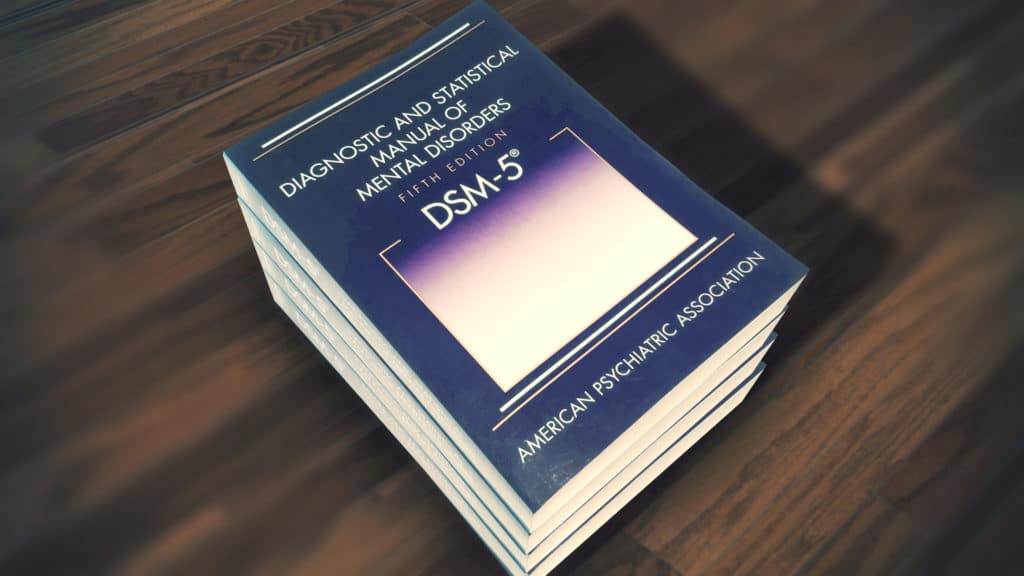Personality disorders vs. mental disorders. Identifying the differences. By Sharilynn H

The purpose of this article is to explore the key differences between personality disorders like BPD and mental disorders like Autism since mental and personalities often overlap.
People suffering from mental disorders often suffer stigma within society due to a lack of information and support. A personality disorder is a type of mental disorder that involves unhealthy thinking patterns. Personality disorders are often complex and require diagnoses by a qualified health professional. Undiagnosed and untreated disorders may disrupt social and professional areas of one’s life, often resulting in poor relationships.
The Classification of mental and personality disorders (DSM-5)

The (DSM5) Is the American Psychiatric Association’s standard reference for psychiatry, which includes over 450 different definitions of mental disorders. Some common disorders that are better known to the general public are personality disorders like NPD, BPD as well as ASPD, as well as mental disorders such as autism, depression, Aspergers, bipolar, and obsessive compulsive disorders.
Mental disorders vs personality disorders. What’s the difference?

Neurological disorders
While both can develop from an early age, neurological disorders are more likely to be present from birth. ASD (Autism spectrum disorder) can be identified as early as fetal development by use of ultrasound as well as genetic predisposition indicators, which determines around 50 to 95 of the risk. Meaning a child is likely to be born with autism if one to both parents have been diagnosed with it. ASD is a neurological and developmental disorder that begins early in childhood and lasts throughout a person’s life. It affects how a person behaves, interacts communicates, and learns. Asperger syndrome and pervasive developmental disorders are what autism was earlier referred to.
Autism, Epilepsy, and Seizures are medically defined as disorders that affect the brain and the nerves found throughout the human body and the spinal cord. They can be grouped as a neurological disorder since they all involve malfunction or damage to the nervous system — the brain, spinal cord, and nerves.
Having Biochemical, abnormalities in the brain, spinal cord, or other nerves can result in a range of disorders such as Alzheimer’s, Huntington’s disease, and multiple sclerosis.
Treatment for nuerological disorders
Therapies for neurological disorders may often consist of Physiotherapy to manage the symptoms and restore some function. Particularly pain management, as many impairments can be associated with considerable discomfort. However cognitive behavioral therapy, formerly known as talk therapy may also be used to treat behavioral neurological issues. Several mental illnesses can lead to personality changes often resulting in an overlapping of mental and personality disorder comorbidities.

Personality disorders

Personality disorders are thought to develop during early childhood development as a result of environmental factors, such as being a victim of emotional, physical, or sexual abuse, exposure to long-term fear, suffering distress as a child, and being neglected by 1 or both parents. Other factors that may also influence the development of personality disorders can be caused by regular exposure to close family members suffering from mental disorders or substance abuse problems. An example of a personality disorder is BPD. (Borderline personality disorder)
A borderline personality disorder is classified as a pervasive pattern of instability in interpersonal relationships, self-image, and emotion, as well as marked impulsivity beginning by early adulthood and present in various contexts, as indicated by having five (or more) of the nine following symptoms.
- Fear of abandonment.
- Unstable relationships.
- Unclear or shifting self-image.
- Impulsive, self-destructive behaviors.
- Self-harm.
- Extreme emotional swings.
- Chronic feelings of emptiness.
- Explosive anger. I
- Feeling suspicious or out of touch with reality.
Treatment for personality disorders

Based on numerous studies it appears people who suffer from BPD free are enslaved by their thoughts and struggle to break free from unhealthy habits and pervasive negative thinking patterns. And even when they do make progress they find it hard to sustain a healthy way of thinking and often revert back to what’s familiar.
However, this just supports the fact that people suffering from BPD and other personality disorders are victims themselves thus require professional support in order to see progress. For people with BPD Systems Training for Emotional Predictability and Problem Solving (STEPPS) and Dialectical behavior therapy (DBT) can do wonders. Many can and have gone on to live stable lives. DBT has been very successful in treating BPD by use of Dialectical behavior therapy which is a type of cognitive behavior therapy.
This article is not intended to be a substitute for professional medical advice: diagnoses or treatment. Always seek the advice of your physician or a qualified health care provider with questions you may have regarding a medical condition. Never disregard professional medical advice or delay seeking treatment because of something you read on the internet.








[…] In my previous article PERSONALITY DISORDERS VS. MENTAL DISORDERS. IDENTIFYING THE DIFFERENCES below – https://style-health.com/index.php/2021/06/01/personality-disorders-vs-mental-disorders-identifying-… […]